A healthy automotive manufacturing industry is a key driver of innovation and national strategic capability says Federal Chamber of Automotive Industries President, Mike Devereux.
The Chairman and Managing Director of Holden, Mr Devereux was speaking at the National Press Club in Canberra today in his last official role as FCAI President.
In his speech Make it in Australia: why car manufacturing matters, Mr Devereux outlined the economic benefits that flow from automotive manufacturing including employment, skills training, R&D and the growth of alternative fuel and energy industries.
“If we’re serious about Australia being a knowledge economy, we need strategic capability. A first-class education system and the ability to build things are the building blocks,” he said.
Mr Devereux said Australia’s car industry was developing new technologies, state of the art manufacturing skills and growing energy industries to help solve issues like climate change.
“Local manufacturers are working on a range of real-world solutions that will help drive more sustainable transport including locally-made hybrid, ethanol and LPG vehicles.
“Holden and Ford have invested heavily in a new range of LPG models for example, and Australians will benefit no matter which vehicles customers choose,” he said.
“These new-generation LPG vehicles have been developed by local engineers and supplier partners, offer significantly lower running costs and contribute to regional development and energy security for Australia.”
Mr Devereux also highlighted Holden’s investment in locally-made flex-fuel vehicles and second generation ethanol.
“Ethanol can significantly reduce well-to-wheel CO2 emissions and like LPG offers the chance to create jobs in regional Australia,” he said.
“Holden is driving a consortium in Victoria to build Australia’s first Gen II ethanol plant which will be able to turn rubbish into fuel.
“There’s no silver bullet here or in any other market when it comes to the environment. We need to pursue a range of options, including electrification, but we also need real world solutions today to support the way Australians really live.”

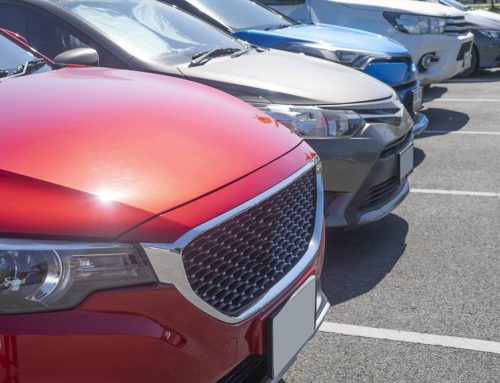
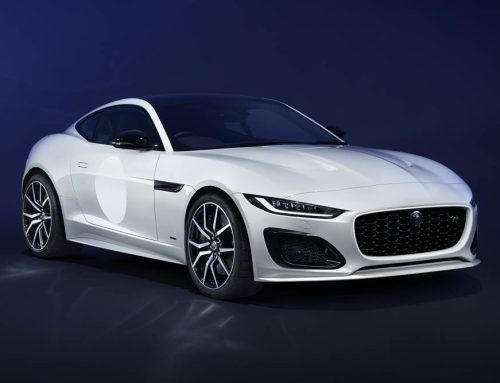

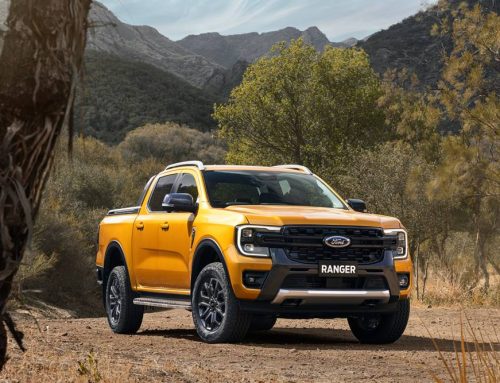

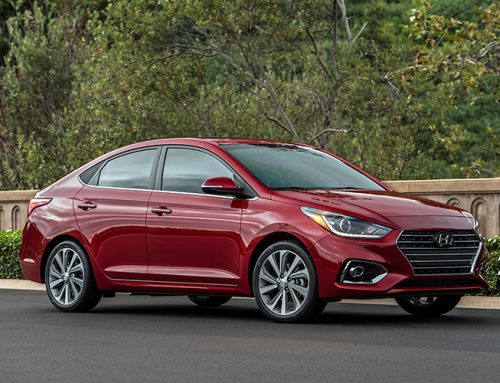
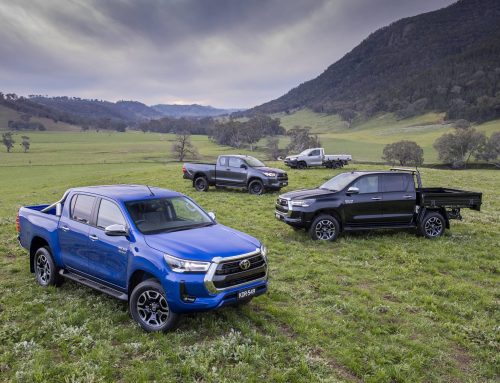
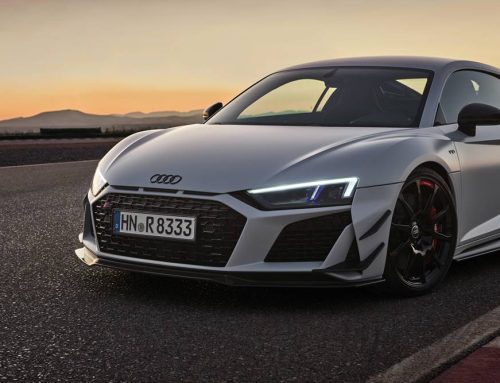
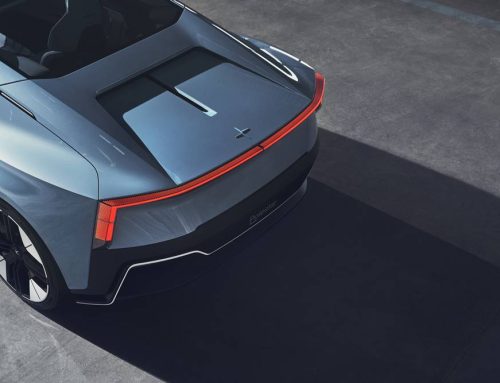

Leave a Reply